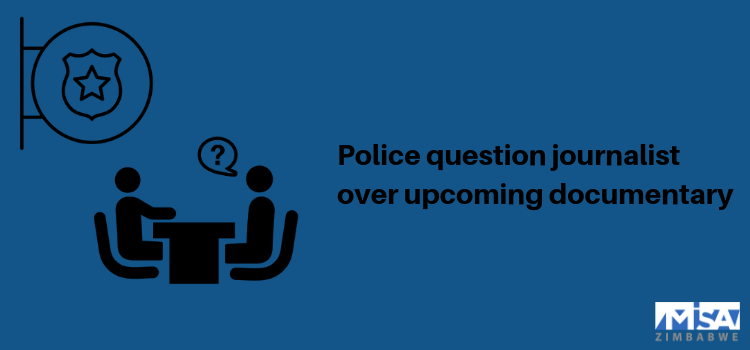Police in Bulawayo called journalist and documentary producer Zenzele Ndebele in for questioning over his upcoming documentary entitled “Gukurahundi Genocide: 36 years later.” The documentary is about the Matabeleland killings that took place in the Matabeleland and Midlands provinces during the 1980s.
The police allege that the purpose of summoning Ndebele was to find out the contents of the documentary. The police also requested a copy for the documentary that is set for release on 29 September in Bulawayo.
The police claimed they received a tip-off that the documentary contained inflammatory content that would incite violence in the country. Ndebele did not agree to the request to submit a copy to the police because they were effectively usurping the statutory powers of the Censorship Board.
The Censorship Board or Board of Censors as it is formally known, is responsible for the regulation and control of the public exhibitions of films. The Board was established in terms of the archaic and repressive Censorship and Entertainment Controls Act.
MISA Position
MISA Zimbabwe urges the government of Zimbabwe to uphold the constitution of the country through respecting the right to freedom of expression, media freedom and access to information.
MISA Zimbabwe urges members of the media community and the public to report any media violations on the MISA Hotline is 0784 437 338. MISA Zimbabwe staff is also on standby to assist media practitioners injured or arrested in the line of duty.
//ENDS









